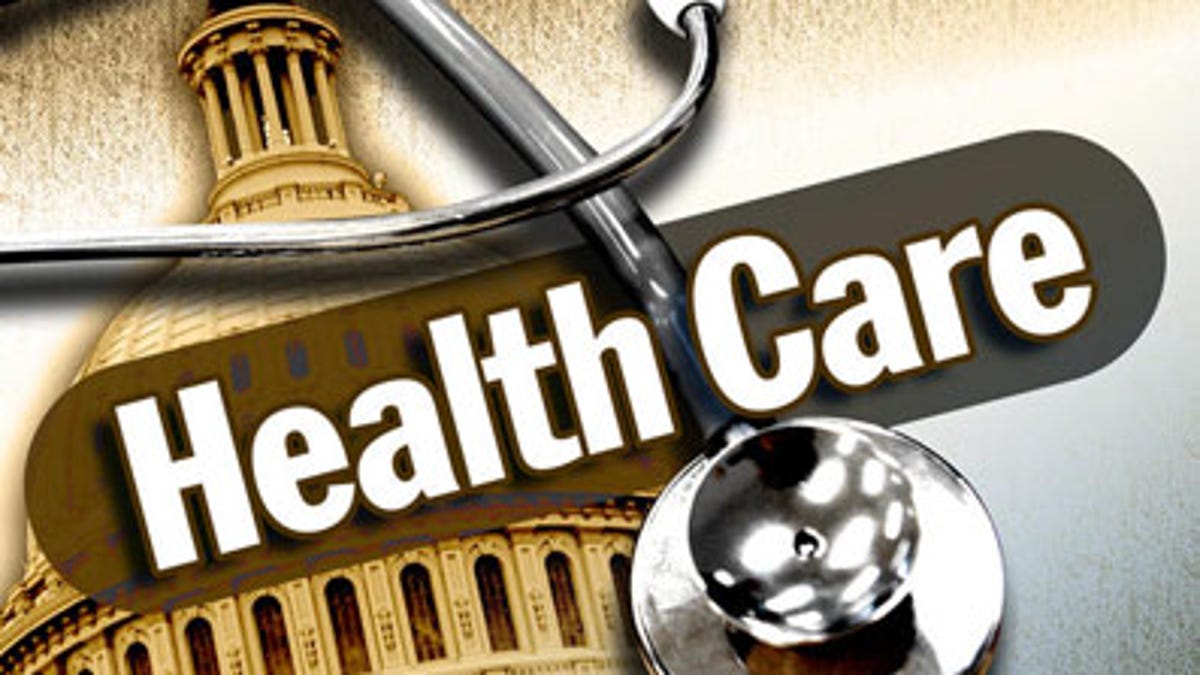
AP
President Obama recently announced plans to hold a bipartisan summit on health care reform at the end of this month. The president is clearly making an effort to create a politically diverse coalition of supporters for his reform legislation.
Many commentators claim that comprehensive health care reform is no longer possible. And while the American public certainly doesn't have the appetite for a partisan piece of legislation, a majority of Americans still want a bipartisan reform bill that lowers health care costs and expands access to care. A brand new piece of consensus-driven legislation is Congress' best bet for passing a health care reform in 2010.
Luckily, President Obama's comments at a press conference on February 9 provide an ideal starting point for a bipartisan reboot of comprehensive health care reform. He stated explicitly that his core goals are to "control costs," to "deal with insurance abuses," and to "make health insurance more available to folks in the individual market."
By finding middle-of-the-road ways to accomplish these goals, Congress can deliver on the promise of universal health care by making insurance simpler, cheaper, and more available.
When it comes to cracking down on unfair insurance company practices, there's plenty of opportunity for lawmakers to build consensus. They can start by preventing insurers from denying coverage to those with pre-existing conditions.
Such a reform is popular with voters of all political stripes, and could act as the centerpiece of a bipartisan bill.
Another centrist reform that speaks to the president's mission to make individual policies more available to Americans is a rollback of insurance regulations that prevent the sale of policies across state lines. Allowing people to purchase health plans from outside their state would force insurers to compete to attract customers, leading to lower premiums and more choices.
With regards to lowering health are costs, reforms aimed at accelerating the adoption of health information technology receive broad bipartisan support. Too many hospitals still use paper records. The result is delayed or subpar treatment. Switching to an electronic records system would cut down on costs and expedite the delivery of care in hospitals and doctors' offices around the country.
Americans are well-aware of these benefits. Indeed, a Kaiser Family Foundation poll found that roughly three out of four want their health care provider to use electronic records.
Comparative effectiveness research is yet another non-ideological tool for reducing costs that would be a perfect fit for a bipartisan health care bill. This research compares different medical treatments to determine which ones work best.
Of course, it's imperative that Americans have access to the best medicines. But money is sometimes wasted on expensive new treatments that don't deliver better results. Medical professionals should have access to comparative effectiveness studies to better determine which treatments are worth the price.
A bipartisan bill might also include medical malpractice reform. Frivolous litigation drives up the price of health care. Nearly one in eight doctors gets slapped with a lawsuit each year -- despite the fact that physicians are acquitted in 90 percent of cases. Worries about getting sued often cause doctors to practice "defensive medicine," ordering unnecessary tests and procedures to guard against lawsuits. This behavior costs the country a whopping $124 billion annually in additional health care spending.
Fortunately, the president has expressed support for medical malpractice reform. So have most Americans -- about two-thirds approve of limits on tort payouts.
Every policy listed above enjoys substantial support among Democrats and Republicans. And all would bring down costs and expand coverage without sinking the country deeper into debt.
So a health care compromise is certainly possible. But will our lawmakers actually do it?
A bipartisan reform package is actually more likely than most pundits and political “experts” would have you believe. But to build a centrist coalition, Congress needs to aim at drafting -- from scratch -- a more incremental bill.
Republicans are more eager than many realize to pass a commonsense health care bill. No less than Rep. Eric Cantor, the House Minority Whip, has stated that "there is a way for us to work together." And Maine Senator Susan Collins says she hopes "to work with a bipartisan group of senators to achieve a consensus bill."
Republicans certainly have a short-term interest in blocking reform. But this issue is too important to politicize. The GOP has been given a golden opportunity to rework this bill to better fit their political ideals.
For the president and Democrats in Congress, passing a bipartisan bill is the most effective way to regain the support of the political center in this country. Since being sworn in, the president's support among independents has eroded considerably. According to a poll just released by the Marist Institute for Public Opinion, a mere 29 percent of independent voters approve of the job President Obama is doing.
The upcoming bipartisan health care summit is a good first step toward clearing the air and getting back to commonsense policies that both parties can stand behind.
Americans want reform. They just don't want it to be partisan. Lawmakers need to focus on their similarities and pass the consensus reform bill the public is thirsting for.
Doug Schoen is a Democratic pollster, author and Fox News contributor.




















